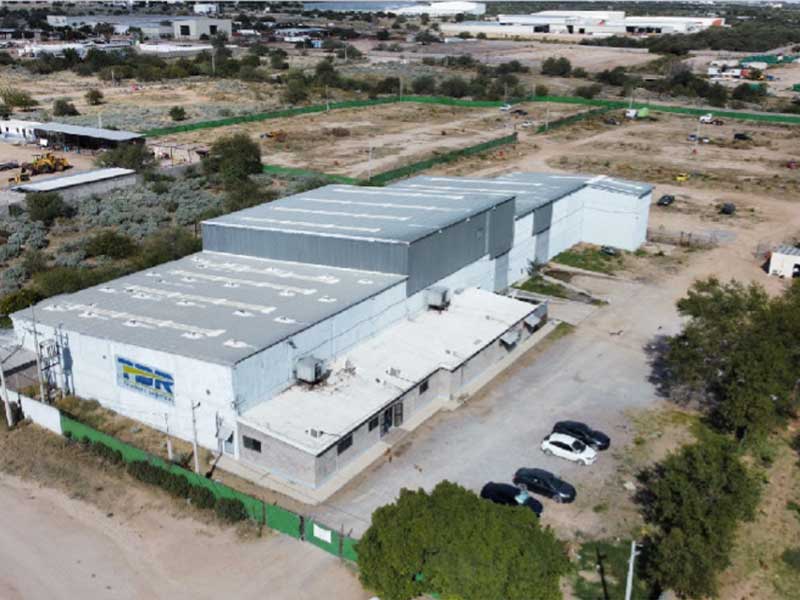Fiberglass-reinforced plastic (FRP) has become a material of choice in the chemical industry due to its unique set of properties that make it ideal for handling corrosive and hazardous substances. One of the most popular applications is FRP chemical tanks, which are widely used for storing various types of chemicals. Here’s why FRP materials are so commonly used in this sector:
Corrosion Resistance of FRP chemical tanks
One of the most compelling reasons for the widespread use of FRP in the chemical industry is its exceptional resistance to corrosion. Unlike metals that corrode when exposed to chemicals, FRP tanks remain stable, extending the lifespan of tanks, pipes, and other equipment.

Mechanical Strength
FRP offers high mechanical strength, making it capable of withstanding the pressures and stresses commonly encountered in chemical processing. This strength-to-weight ratio is superior to many traditional materials, making FRP tanks a cost-effective choice.
Versatility
FRP can be molded into various shapes and sizes, including custom-designed FRP tanks, offering unparalleled design flexibility. This is particularly useful in the chemical industry where custom solutions are often required for specialized applications.
Thermal Stability
FRP materials can withstand a wide range of temperatures, making them suitable for processes that involve high heat or extreme cold. This thermal stability is crucial in chemical reactions that are temperature-sensitive.
Safety
The non-conductive nature of FRP makes it a safer option in environments where electrical hazards could be a concern. Additionally, FRP chemical tanks can be manufactured to be fire-resistant, adding an extra layer of safety in high-risk areas.
Cost-Effectiveness of FRP chemical tanks
While the initial cost of FRP tanks may be higher than some traditional materials, their long lifespan and low maintenance requirements make them a more cost-effective solution in the long run.
Environmental Compliance
FRP products, including FRP chemical tanks, can help facilities meet environmental regulations. Their corrosion resistance means fewer leaks and less environmental contamination, which is crucial for companies looking to maintain compliance with increasingly stringent environmental laws.
Lightweight of FRP chemical tanks
The lightweight nature of FRP simplifies the installation process of FRP tanks, making it quicker and less labor-intensive. This is particularly beneficial in large-scale industrial setups where time and labor are critical factors.
In summary, FRP’s corrosion resistance, mechanical strength, versatility, and safety features make it an ideal material for the chemical industry, particularly for applications like FRP tanks. Its benefits far outweigh those of traditional materials, making it a smart investment for any chemical processing facility.
Please contact us if you have a project that we can help with.
Our sister companies around the world:







